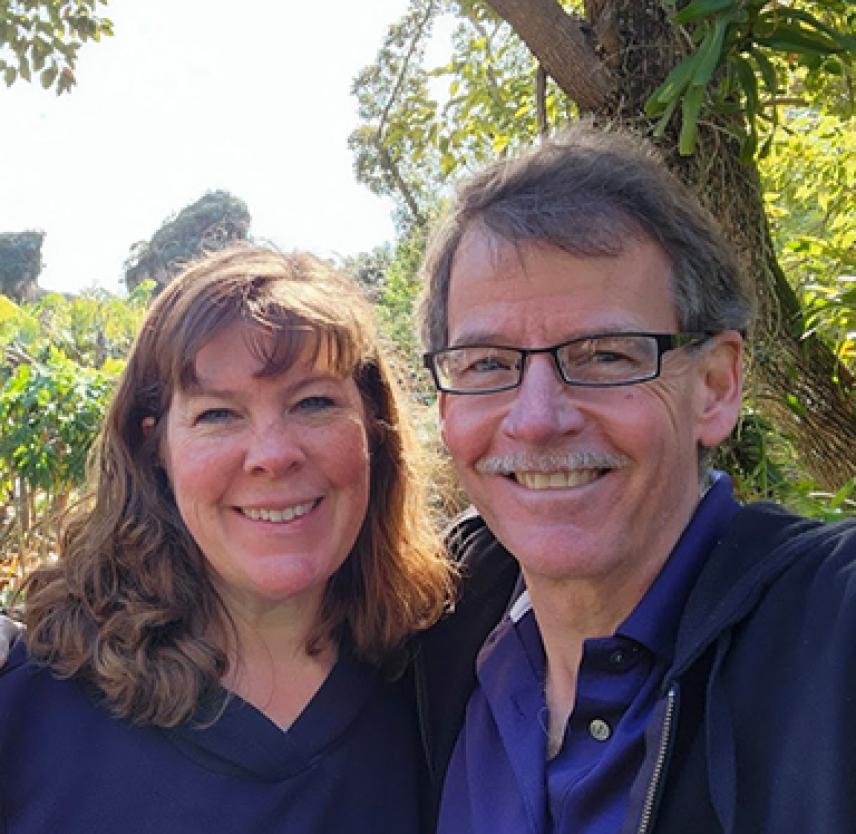
Those who know me best know that I am a big fan of peer support after a brain injury. Nothing takes the place of speaking with someone who understands brain injury firsthand. No textbook learning, no college courses, just brain injury survivors sharing experiences.
But shared experience only goes so far. There are so many other facets to navigating the road to recovery. These days, more than ever it seems, there are people interested in learning more about brain injury.
Last month, I found out that I qualified for a Cornell University research study about brain injury. The researchers are focused on memory challenges of older survivors. Though it pains me to admit it, somewhere along the way, my middle-age years seemed to have passed me by. At 61, I am a perfect candidate for the research — it’s kind of like donating my brain to science, only while still alive. If others can benefit from my experiences, I deemed the opportunity a (pardon the pun) quintessential no-brainer.
To start, for several hours, I was subjected to rather arduous memory testing over Zoom. After four hours of testing, over the course of two sessions, I was done. One of my compensatory strategies in my post-injury life involves knowing what might wear me out and then making sure my calendar is clear for the rest of the day. This served me very well as each session of the testing left me cognitively exhausted. My in-advance planning meant that the rest of each day was free. I may have napped both days, but I can’t say for sure.
I ruefully admit that I was nervous going into the testing. What brokenness in me would they find? I do pretty well these days, well enough that most people might not notice my challenges. But I still have an ego, and can be more sensitive that I care to admit.
Many of the questions during the testing were easy, but the “easy” questions turned out to be the most revealing. “What month is it?” the researcher asked. I drew a complete blank. “What day of the week is it?” I had no idea. We moved on to a few dozen more questions, but my mind kept drifting back to not knowing the day of the week. Truth be told, I was devastated, thinking that by now, more than 12 years after my injury, I would know something as simple as the day of the week.
I kept rehashing the testing for the next few days, going back to it in my mind, beating myself up for not knowing what should have been easy. Brain injury is good at rattling one’s self-esteem, even after many years.
But as the days passed, clarity came. If I need to know the day of the week, I can simply glance at my smartwatch. The same holds true with the month. I started wearing a smartwatch a few years ago as a compensatory strategy to keep track of things I couldn’t retain in my head — things as simple as the day of the week.
And here’s where the switch flipped from negative to positive. The testing reminded me that it has become second nature for me to look at my watch to see what day it is. I never even think about it. My compensatory strategy has become so ingrained that it’s virtually seamless to me. This was not always the case; early on, I fumbled trying to bring even the simplest of information to mind.
Looking through the prism of perspective, I can see that there are many compensatory strategies that I use that are now just the normal way I do things, and that’s more than okay. While the testing revealed areas of memory deficiencies, it also revealed how well new strategies can improve the overall quality of my life.
If you happen to be speaking with me one day, and the subject of the day of the week comes up, you might not notice that I steal a quick glance at my watch, not to check the time but to check the day. And you might not notice that I smile while doing this seemingly mundane task. But I’ll be smiling because I found a way to make things work. Compared to how things were a decade ago, it’s hard not to be grateful.
